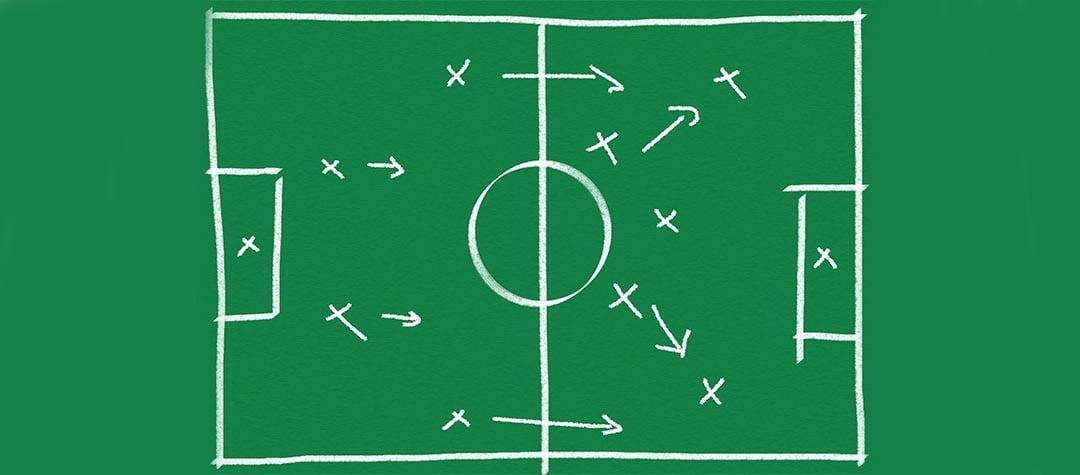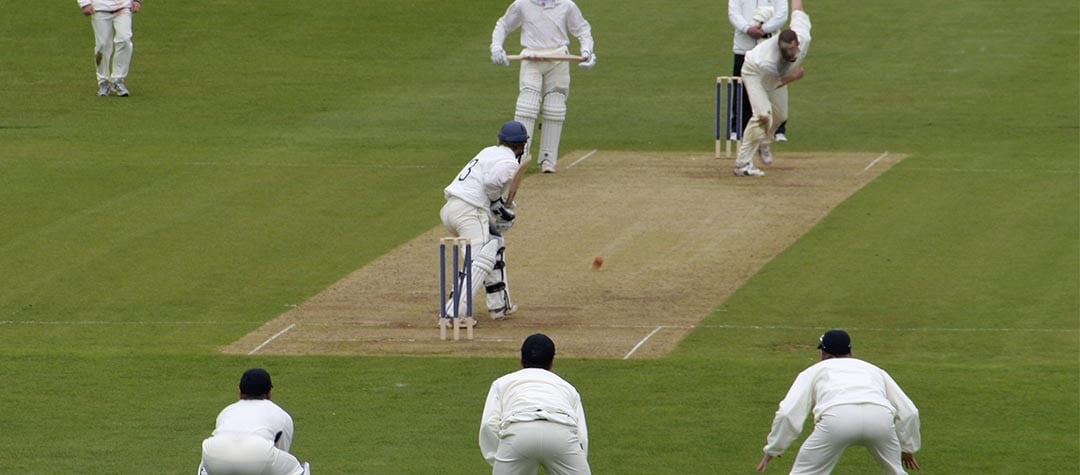If you’re just starting the process of learning Judo, you may want to check out this guide to rules to avoid any later confusion.
Before you launch straight into the sport, here's some of the basic rules so you know your ippon from your koka. After reading this you'll be able to understand judo bouts, and even get involved yourself.
Scoring in judo
If either player fails to score ‘Ippon’ (the equivalent to a knockout in boxing) during the judo bout, then the scores picked up during the bout for incomplete moves will be taken into consideration.
- Throws in judo — partial scores are given if the opponent does not land largely on their back, or not hard or fast enough.
- Pins in judo — a pin broken before 25 seconds, but after 10 seconds is awarded partial points.
- Submission — a failed attempt at forcing a submission by an armlock or strangle does not score points.
Score ranking
Judo scores in order of quality from highest to lowest are as follows:
- Ippon - This is signaled by the referee with an arm straight up. This ends the contest.
- Waza-ari - This is signaled by an arm out at shoulder level. Two waza-aris by the same person is considered the same as Ippon and ends the contest.
- Yuko - This is signaled by an arm at 45 degrees out from the side.
- Koka - This is signaled by an arm against the side.
In the rules of judo it is always the highest quality score that wins. For example, a single waza-ari would beat two yukos and a koka.
It is only if an Ippon has not been scored by the end of the timed bout, that the scores come into play. The player with the highest score wins. If they tie, the referee and two judges decide who is the winner using a majority decision.
Penalties in judo
Players are expected to play by the rules and attack continuously. Penalties can be given for a number of reasons including:
- Intentionally going out of bounds or pushing an opponent out.
- Refusing to attack or not showing enough aggression.
- Performing dangerous acts intended to injure.
- Deliberately going to the floor.
Penalties in judo are severe, with contestants punished in different ways, ranging from a koka for small offense to an ippon for the most serious. A repeat of any transgression results in the next higher penalty, the lower one being removed. The score is given to the opponent.
The four possible penalties, lowest to highest are:
- Shido — results in the award of Koka to opponent.
- Chui — results in the award of Yuko to the opponent.
- Keikoku — results in the award of Waza-ari to the opponent.
- Hansokumake — results in Ippon to the opponent.
Four warnings effectively result in disqualification from the judo match.
The terminology might not be the easiest to get to grips with immediately, and the sport may seem complex, but if you’re aware of what different moves can achieve then you’ll pick it up as you go along.
Picture Credit: sportpoint / Shutterstock.com














